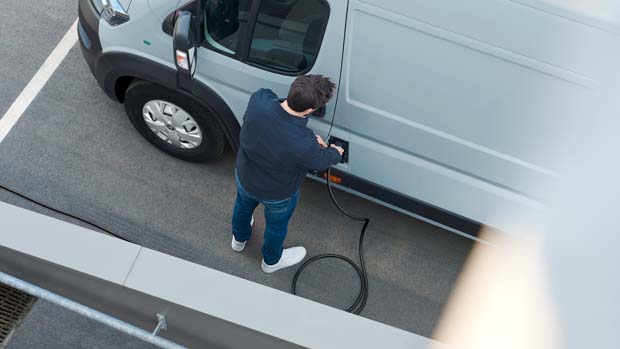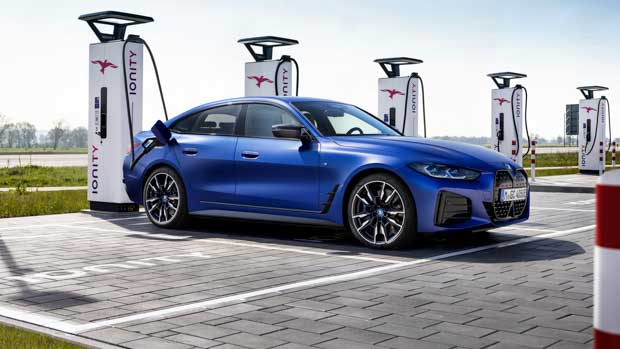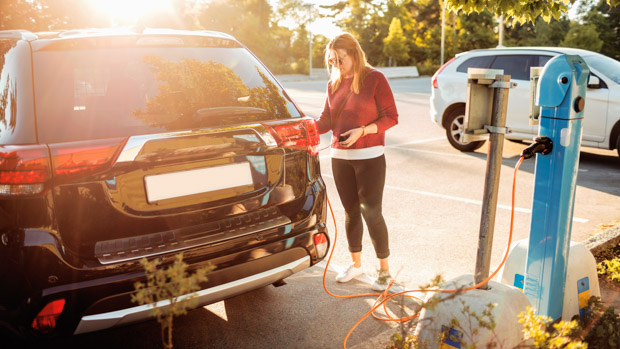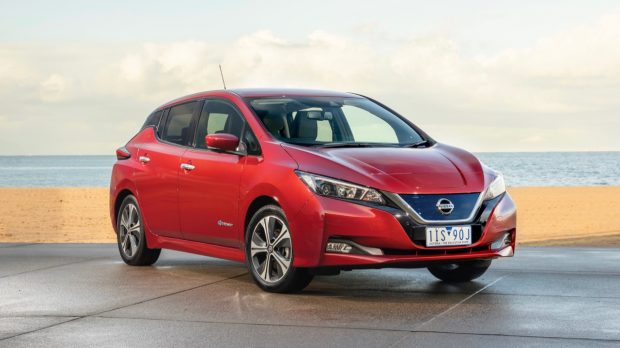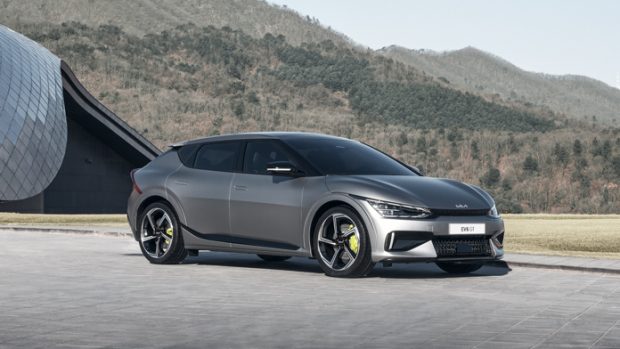-
Car Reviews
- All reviews
- Midsize SUVs
- Small cars
- Utes
- Small SUVs
- Large SUVs
- Large cars
- Sports SUVs
- Sports cars
- Vans
Latest reviews
- Car News
-
Car Comparisons
Latest comparisons
- Chasing Deals
A $13.4 million scheme to build 530 EV chargers in South Australia has recently been announced but where will you find them and how fast will they be?
The South Australian government announced a plan last week to fund the construction of hundreds of electric vehicle chargers to speed up EV adoption in the state.
Under the plan designed to end range anxiety among prospective buyers, the government said it would target key locations ranging from the CBD to regional tourism hotspots in order to make the technology more accessible.
Chasing Cars spoke to members of Premier Steven Marshall’s office and the Department for Energy and Mining who outlined exactly how the plan would roll out across the state and how quickly driver’s could expect to charge up their EVs.
The $13.4 million scheme will fund the construction of 530 chargers, with the number and type of chargers applicants receive heavily dependent on their business and location.
A total of 120 chargers will be built within the Adelaide CBD, accessible to 10 carparks that will feature 12 charging bays a piece.
These locations will charge at 7kW, which should be enough for most EVs to add around 150km of range in just over three hours – though this can vary depending on the car used.
The SA government will also offer locations such as hotels, motels and holiday parks to install 7kW chargers, though owners will need to install at least four charging bays at each location to be eligible – and front up the maintenance fees for the equipment.
Additionally, a total of 70 chargers will be built in pairs at supermarkets and main streets that are capable of supplying either 75kW to a single vehicle, or 60kW when two EVs are plugged in – though some models such as the entry-level Nissan Leaf will not be capable of charging at these speeds.
Where charging speed arguably matters most is on highway routes where the fast-charging infrastructure is currently limited, save for two 350kW chargers built in South Australia as part of Chargefox’s ultra-rapid network.
The South Australian government will fund a total of 40, 100kW chargers that will be dotted near tourism hotspots such as the Adelaide Hills, the Mid North, Far North, Eyre Peninsula and Limestone Coast.
These charging speeds are enough to see EVs such as the Hyundai Kona Electric small SUV charge up from 0-80 per cent in 47 minutes, adding around 387km of range.
Pricing for using the chargers will be entirely dependent on the property owner which could see some areas offer free access as an incentive for business.
However, a spokesperson from the Department for Energy and Mining told Chasing Cars they would encourage businesses to implement a “time-of-use pricing to encourage drivers to charge their vehicle during periods of high renewable electricity generation and/or low electricity grid demand.”
This would mean that newer EVs would naturally be able to recuperate more energy for the same amount of money, with newer EVs boasting faster and faster charging speeds.
Exact charging locations for each of the chargers are yet to be determined as the scheme has only just been announced but officials said last week it had already received 600 applications for a grant.
It comes after the South Australian government was heavily criticized for proposing an EV tax late last year, but in March announced it would delay the move for 12 months to observe what other states would do with similar measures.
Victoria has since pushed ahead with a tax charged at a 2.5 cents per kilometre basis which it soon followed up by announcing a $3,000 grant for EVs priced under $69,000.
NSW has suggested it will introduce funding for EV chargers though has stopped short of introducing a tax, claiming that it does not want to hinder the tax up of the new technology.
Latest news
About Chasing cars
Chasing Cars reviews are 100% independent.
Because we are powered by Budget Direct Insurance, we don’t receive advertising or sales revenue from car manufacturers.
We’re truly independent – giving you Australia’s best car reviews.
